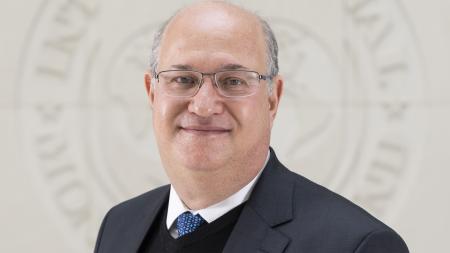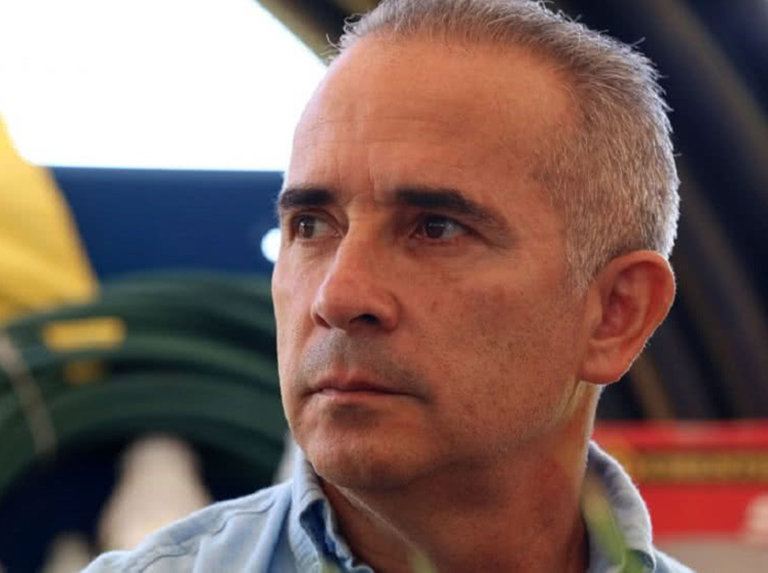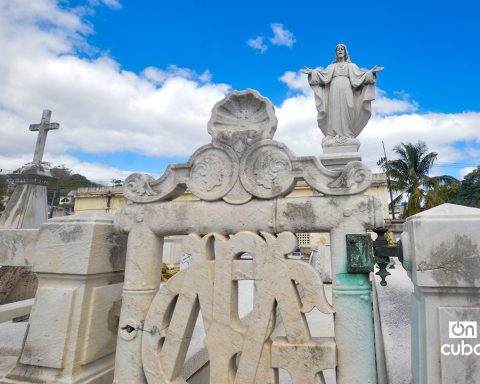The Brazilian economist Ilan Goldfajn will assume the presidency of the Inter-American Development Bank (IDB) on December 19, with the mission of propping up the entity and giving it back the title of the main development bank in the region in a management in which Argentina will have a high participation.
Goldfajn, who until November 21 served as director of the Western Hemisphere of the IMF, “He will take office on December 19 with some internal activities,” IDB sources told Télam.
Nevertheless, The public presentation of this new stage in the entity will be in mid-January: “After the winter recess (of the northern hemisphere), marked by the holidays, we are planning an inauguration activity for his management for mid-January,” the informants anticipated.
The Brazilian will arrive at the leadership of the IDB in a context of world inflation rarefied by the prolongation of the war in Ukraine, and after the scandal involving his predecessor, Mauricio Claver Caronewho was unilaterally dismissed in September, after it was found that he favored an employee under his charge, with whom he also had a sentimental relationship.
For Argentina, A promising management is also launched, since the economist Cecilia Todesca Bocco will represent Argentina in the vice presidency of Sectors and Knowledge, in the Infrastructure and Energy Management and in the new Institute of Gender and Equality, she revealed herself after her meeting with Goldfajn on the day of her appointment on November 20.

It’s about all things considered key by the Argentine government.
According to Todesca Bocco, the issue of gender will be one of the new management axes of the IDB and it was one of the “strategic issues” that Argentina presented for the nomination of candidates.
In infrastructure and knowledge economy, the Minister of Economy, Sergio Massa, had already spoken about its importance for the new management of the IDB during his visit to the United States, and when he maintained bilateral agreements with Brazil to advance in binational energy projects.
Argentina, as Massa had anticipated, was willing to negotiate the candidacy of the number one bank of the IDB for agreements on regional capitalization policies, and in infrastructure investments.
In this sense, the new gas pipeline from Argentina to Brazil is a potential project of mutual interest, and key for the final support of Argentina to the Brazilian.
In addition, from the Embassy of Argentina in the US, led by Jorge Argüello, they pointed out that the country “He will participate in the management of the new IDB with two key positions that manage 40% of the budget.”
Secondly, the vote of the United States and its support for Goldfajn was decisive, since, together, the United States, Brazil and Argentina, gather almost 53%.
Goldfajn expressed in a recent interview that, if elected, he would put among his priorities work in a “transparent” way and re-strengthen the image of the organization, since -he pointed out- “the IDB has to once again be the most important institution in Latin America by far”, both due to its capacity in resources and leadership.
Until last month, Goldfajn served as director of the Western Hemisphere Department of the International Monetary Fund (IMF) and got involved with Argentina in the approval of the extended facilities agreementand in the first two reviews for the disbursement of approved funds.
Goldfajn was head of the Central Bank of Brazil during the Temer government and trained as an economist at the Federal University of Rio de Janeiro (UFRJ), with a master’s degree from the Pontifical Catholic University (PUC) in the same city and a doctorate from the Massachusetts Institute of Technology (MIT).


















